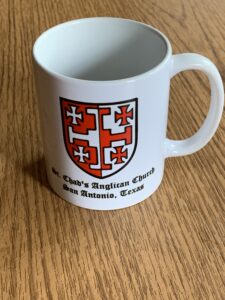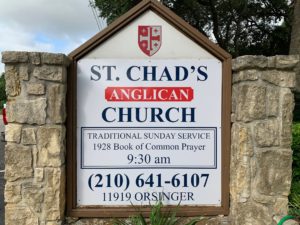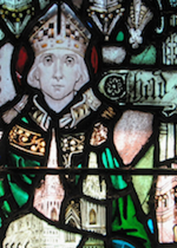
At St. Chad’s, you’ll experience a traditional worship church service with candles, vestments, bells and hymns. Our worship is full of symbolism and deeply meaningful. To understand it, you must experience it.
You won’t find anything “new” here. No new theology…no trendy worship. What you will find are friendly and welcoming people committed to following Jesus Christ and worshipping God in spirit and in truth.
“Worship the LORD in the splendor of His holiness; tremble before Him, all the earth, Declare among the nations: “The LORD reigns!” Psalm 96:9 KJV

Please feel free to reach out to our clergy and staff with any questions or concerns.
St. Chad of Lichfield, Bishop
(Died – March 2, 672. Feast Day – March 2)
Chad, or Ceadda, was born in ancient Britain, probably about 620, to Saxon parents. His people had been pagan, but his parents were baptized by St. Aidan. Thus, along with several others, he represents Celtic, rather than Roman Christianity.
